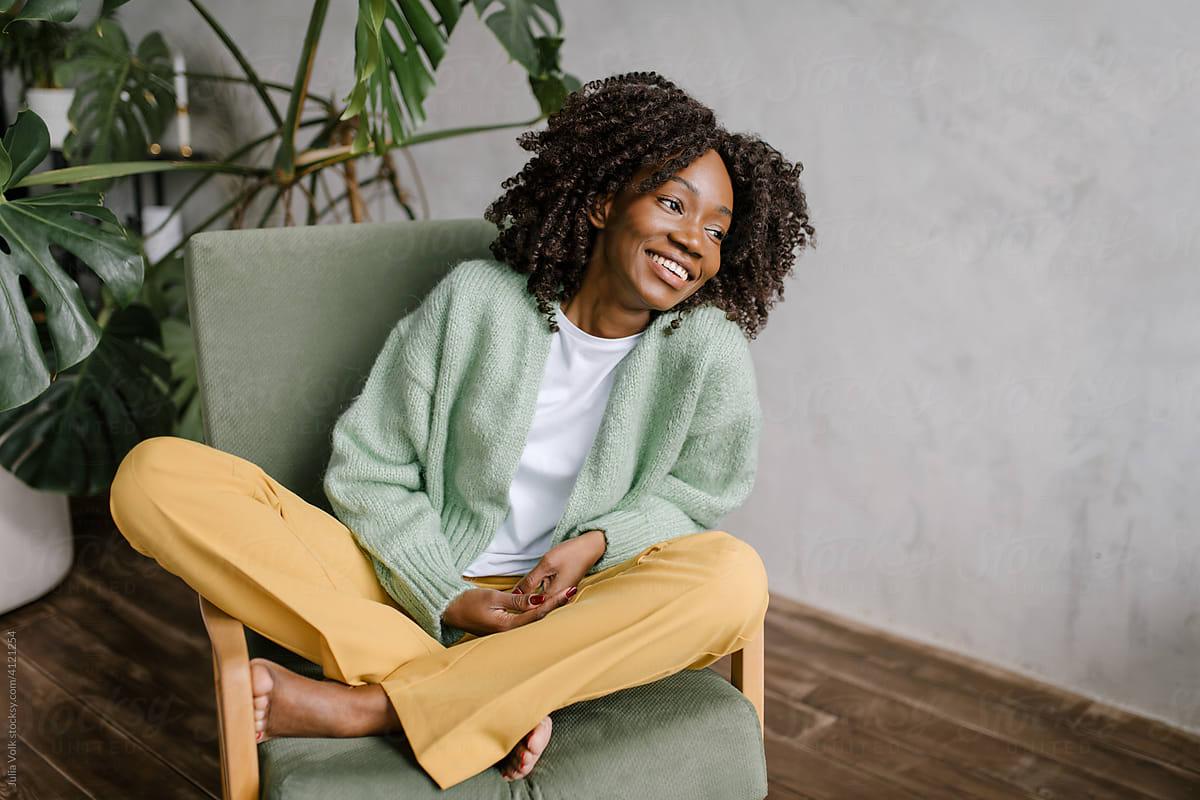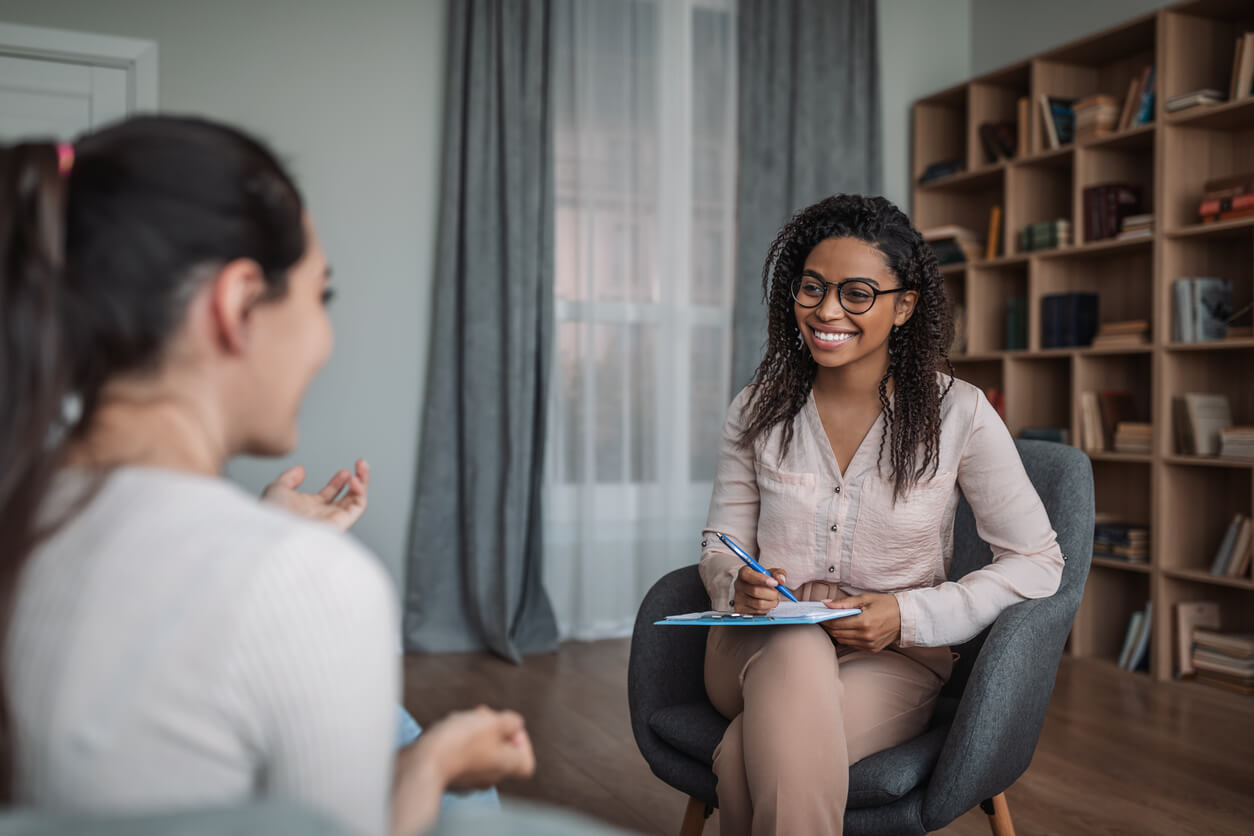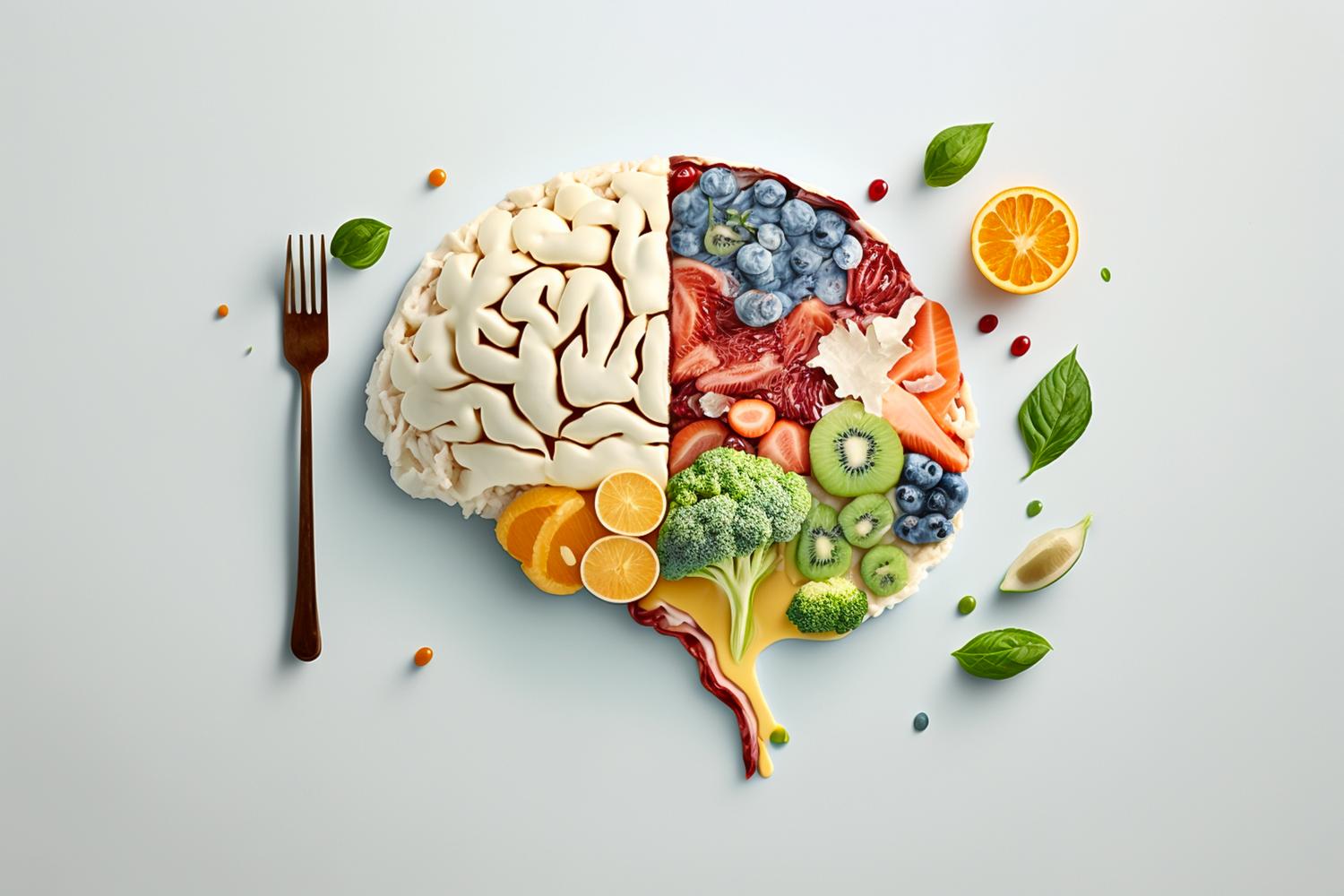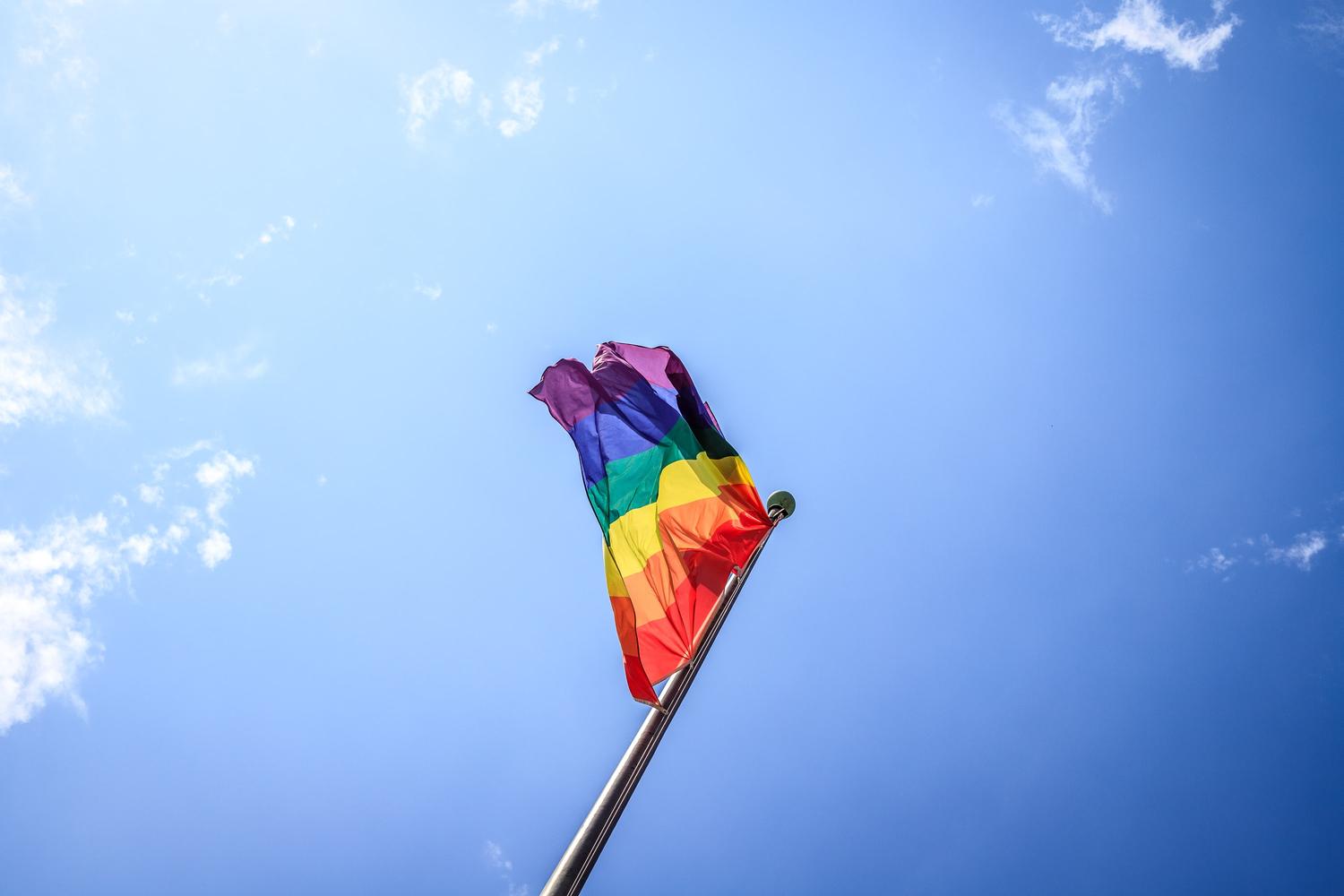Understanding Grief, Loss and Trauma: A Conversation with a Grief Counselor
A dialogue on grief, loss and mourning with Sesame clinician and licensed psychotherapist Dr. Sarah Williams, LMHC.
Grief is a deeply personal and universal experience that affects everyone at different times and in varying intensities at some point in their lives, whether it’s the passing of a family member or the end of a relationship. Unfortunately, talking about mourning, loss and trauma can be extremely difficult, and because of this, many of us have lingering questions about the grieving process. How do we navigate through the immense weight of loss? Are there strategies or techniques to help us cope? And how does grief intersect with other diagnoses like anxiety and depression?
In honor of National Grief Awareness Day, we sat down with Sesame clinician Dr. Sarah Williams, LMHC, a licensed psychotherapist who specializes in grief, loss, and trauma, to address these questions and more.
Q: Before we dive in, can you describe your educational background and the experiences that led you to become a grief counselor?
A: Absolutely. I was actually in a totally different field before becoming a therapist and grief counselor; my doctorate is in adult education and training. I was working as a university professor - which is what I intended to do with my life - when in the midst of my professorship, I lost my mom and husband within two years of each other from cancer.
I attempted to return to my role and resume my life, but I didn’t give myself enough time to grieve. I began to notice an inability to complete simple tasks. I was depressed, I was anxious, I was calling out of work a lot, and I was exhibiting a lot of other symptoms that are common when your body is in crisis mode.
When I realized that I needed help, I had a lot of difficulty finding a clinician who could handle a high-functioning professional who was struggling with grief and mental health. Thankfully, I finally did find someone who worked with me, and once I got through my journey, I decided to change careers. I went back to school and completed the credentialing to become a licensed therapist - it was really a cart-before-the-horse kind of situation, because most therapists become teachers or professors after they've been in practice!
Q: Grief can manifest in various ways. Can you describe how you've observed this in your past counseling experiences?
A: Some common indications of grief are crying, an inability to feel passion for life, not being able to connect with loved ones, feeling distanced from generalized joy, or difficulty with recalling what made you happy.
But it can also manifest in uncommon ways that we might not be aware of. Anger, frustration, being overly involved or hyper-absorbed with work, or perfectionism - because you’re seeking a method of controlling what few experiences you have in life - can still be expressions of mourning or loss. For example, in my situation, I was neurotic about work performance, micromanaging my children, and overanxious about small things.
These less obvious signs are examples of something called complicated grief. Oftentimes, many of us are experiencing complicated grief and not realizing it. If you’re not progressing through some of the normal stages of grief - for example, if after a year you haven’t made much progress with your symptoms of depression or anxiety - then you're typically in that category of complicated grief.
Q: What techniques or strategies do you employ to help individuals cope with their grief?
A: Changing your perspective on grief - and allowing yourself the freedom to grieve - is so important. I often encourage patients to ask themselves, “Is grief my best friend, or my worst enemy?” Grief can be your worst enemy when you try to resist it, or allow it to completely take over your life and let it become your new identity. There are so many situations where we are so busy resisting the experience of grief that we don't actually allow ourselves a moment to cry. Sometimes, isolation is good; pulling away and folding into yourself to internalize and process loss can be healthy, as long as you don't stay there.
But grief can be your best friend if you’re leveraging your grief to catapult you towards doing something brave. For example, I was never a public speaker, but my loss led to me to be a grief advocate who works at state and national levels to encourage legislation that improves bereavement opportunities for people. So I advise people to think about their perspective of grief, and allow yourself to use grief in a positive way.
Q: How do you incorporate cultural sensitivities into your counseling, given that different cultures may view and process grief in different ways?
A: As an African American woman, I’ve observed cultural grieving differences first-hand. For example, in many African-American communities, we’re encouraged to talk openly and verbally express our grief, while some Asian communities, families or individuals grieve in silence. Some cultures cope with the loss of a loved one by mourning, others cope with the loss of a loved one by celebrating their life.
Because different cultures have different definitions of grief, cultural sensitivity education is vital to understanding how a patient processes their loss - especially if there is a stigma about mental health in that culture, because that may impact someone’s reluctance to get treatment for their grief or trauma.
Q: Grief can often lead to other concerns such as anxiety and depression. How do you address these intersecting issues in your practice?
A: It’s important to understand there are actually two events that generally coexist with grief. The first is the grieving process, which is a natural response to the loss of a loved one. The second is the mental health component, which is what happens to our brain when we process that grief.
Our life experiences can directly affect how we process that grief, so it’s important to discuss those experiences and ask questions: Is there a history of trauma? Do we have trouble with attaining or accessing social support? Are there socio-economic variables that interfere with us getting mental health treatment? Did we already have an existing diagnosis of depression, anxiety, addiction, or substance abuse?
It’s important to address that intersection because unprocessed grief can fuel not only anxiety and depression, but addiction and addictive behaviors like shopping or gambling. If we don’t understand how our life experiences impact our grief, and if we don’t heal properly, we will find other ways to get those endorphins moving again and simulate the joy that our brain is craving.
Q: How do you take care of your own mental health?
A: To maintain my own mental health, I strive for balance. I recommend trying to include five different dimensions of wellness into your life, every day. The first dimension is physical - make a mindful effort to walk or dance or simply move. There’s also a spiritual component; take the time to honor yourself, and if you believe in something higher than yourself, honor that too! The next dimension is intellectual; I try to read something that makes my brain cells work. The social dimension is also important - try to connect with others, whether it’s in person or on the phone. And the last dimension of wellness is your environment - do something for your environment, whether it’s watering a plant (I can’t keep plants alive, but some enjoy that!) or keeping your space free of clutter.
Q: What role do you believe family and friends play in a person's grieving process and how do you involve them in counseling, if at all?
A: A family approach may be recommended if it’s in the best interest of the client’s presenting problem, but it completely depends on the situation. There are times where family therapy is advised, and times when it’s not! I assess that by taking a look at the dynamics of the family and determining the client’s levels of social support.
For example, if someone has experienced significant loss or a traumatizing event and tells me that they gather weekly with loved ones to get a bite to eat, or call each other every morning for a check in - that's very reassuring to me as a clinician, and family may not need to be involved in the counseling process.
But If I get a response along the lines of, “There is some conflict,” or, “We’re not communicating as well as we should,” then I often will recommend family therapy, because it’s important to have a support system that encourages your growth and empowers you.
Q: How have you adjusted your practice to accommodate remote or virtual sessions, especially in light of recent global events?
A: Absolutely. I have a completely virtual practice and have expanded my services to platforms like Sesame; I’ve also sought multi-state licensure to make sure I can be available as a resource to individuals who need me regardless of location.
I also evaluate if virtual therapy is appropriate for a client. If a client is experiencing significant trauma, or if they are at risk for injury to themselves or others, they are not appropriate for virtual care, and I’ll refer them to a clinician who can see them in person.
Q: If someone is struggling with grief, what is your advice for finding resources or professional help?
A. Some resources, like social media, can be useful for finding a community, but I am hesitant to recommend social media for finding a therapist because they aren’t necessarily vetted.
If someone is struggling and they’re not sure where they are in their grieving process, I’d advise them to be proactive and go get a mental health checkup from a licensed professional. There are so many viable resources - like Sesame - where there are vetted, licensed clinicians to choose from. You can also google “licensed grief and trauma therapists near me” as a starting place.
It’s critical to educate ourselves about grief so that we can better support our loved ones, our communities and ourselves. If you or someone you know is struggling with grief, loss or trauma, speaking with a licensed therapist can be an effective way to begin processing thoughts, feelings, and emotions.
If you’re not sure where to start, Sesame has thousands of therapists and mental healthcare providers who offer same-day availability; simply book a virtual therapy session, and remember that help is all around you.









